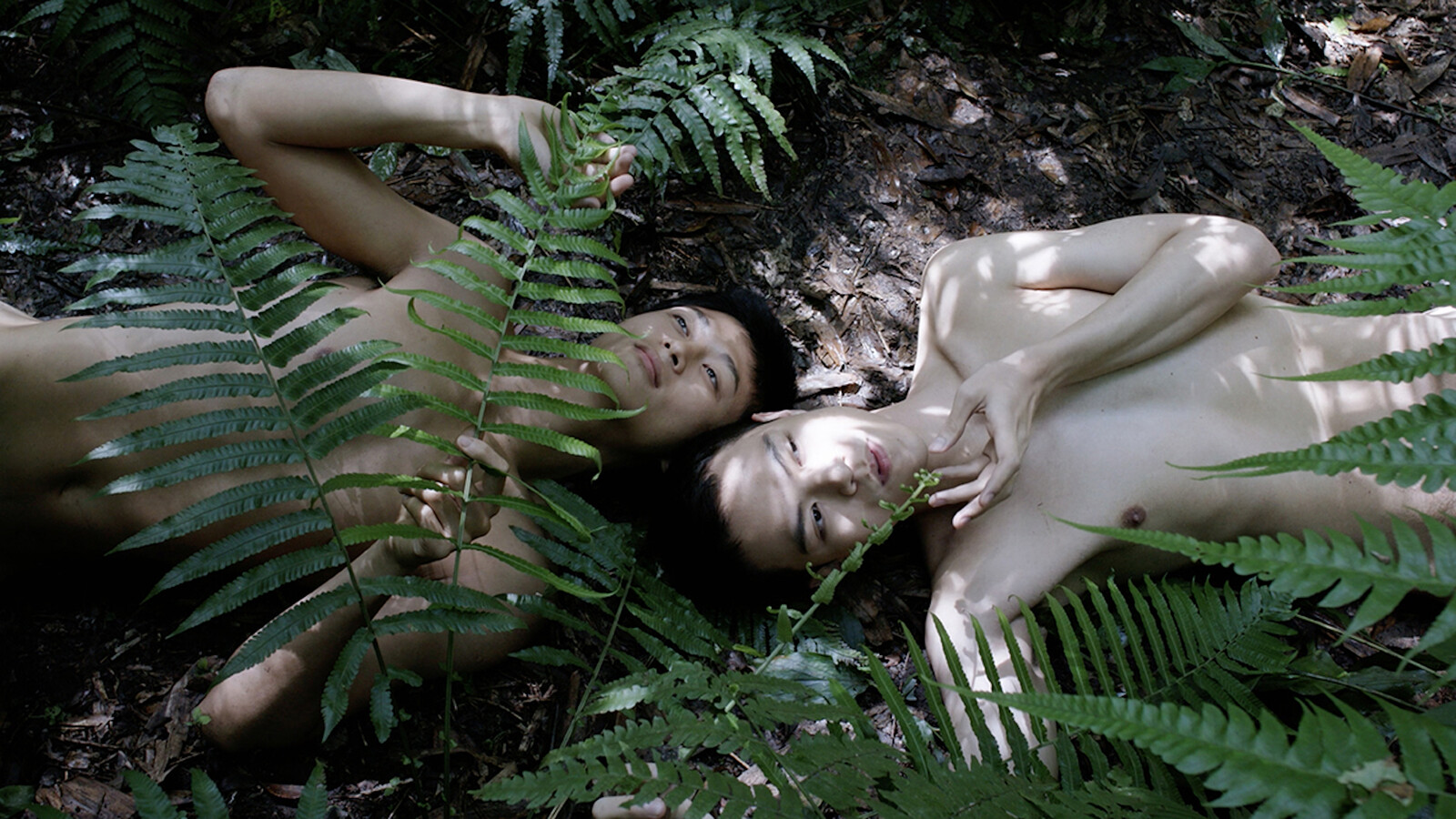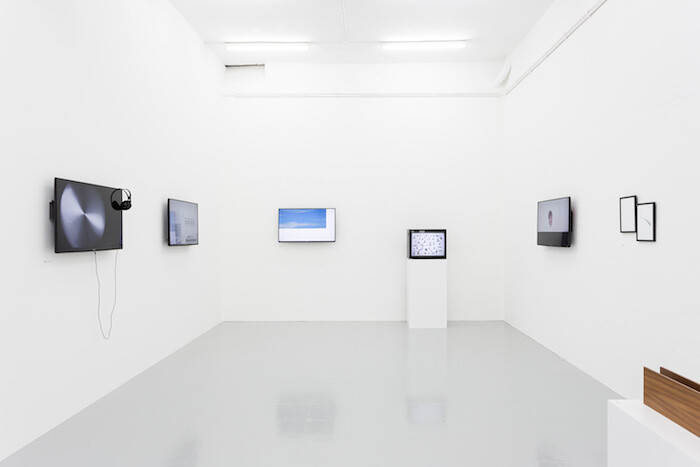Categories
Subjects
Authors
Artists
Venues
Locations
Calendar
Filter
Done
July 21, 2020 – Review
Zheng Bo’s “The Soft and Weak Are Companions of Life”
Pedro Neves Marques

The influence of translations of Taoist texts, including the I Ching and the Tao Te Ching, on early twentieth-century ecology in the West and its post-war cybernetic revival is well-known. According to the teachings of Lao Tzu and centuries of Taoist tradition, the Way is found in the encounter of differences: a managed equilibrium, or flow, between hand and plant, culture and nature.
Zheng Bo’s practice often expresses this tension in ways that acknowledge the different ecological philosophies of East and West while queering the relations—and expectations—that humans have about plants. His first solo show in Portugal, at Kunsthalle Lissabon, includes two sets of works: “Drawing Life” (2020–ongoing), a new series of framed charcoal drawings depicting plants the artist found during his walks in Hong Kong’s Lantau Island, where he lives, during the Covid-19 pandemic; and “Pteridophilia” (2016–ongoing), a series of four videos in which naked men in a Taiwanese forest—in groups, in pairs, or alone—have sex with ferns by licking, biting, stroking, and rubbing them.
While the new drawings reflect on the tension between urban development and plant life, the four “Pteridophilia” videos, projected onto a gallery wall, broaden the meaning of queerness by engaging with ecosexuality, a …
March 29, 2016 – Feature
Lisbon & Madrid Roundup
Ben Eastham

The inaugural edition of ARCO Lisbon (May 26–29, 2016) was announced to the world on the same day that an anti-austerity alliance in Portugal’s parliament passed a vote to dissolve its center-right government. On the day that journalists came to preview the venue at which the fair would be held, the country’s new leftist coalition approved a budget that reversed many of the cuts imposed as a condition of Portugal’s bailout at the height of the Eurozone crisis in 2011.
It is difficult to overlook these coincidences of timing when an art fair is conceived of as an instrument of national economic policy, as our press trip to Portugal’s capital made abundantly clear. The country’s recent emergence from recession has been ascribed in part to booming tourism revenues, and now contemporary art is being enlisted—alongside Lisbon’s historic architecture, the proximity to the city of several golf courses, and the agreeable climate—as further incentive to assist its journey back from the brink of bankruptcy. Our precisely scheduled trip—which included visits to urban regeneration sites and bustling hotel restaurants, alongside a well-intentioned but uncomfortable tour of the city’s state-sponsored street art sites—seemed designed to make clear that Lisbon looks forward to welcoming the …